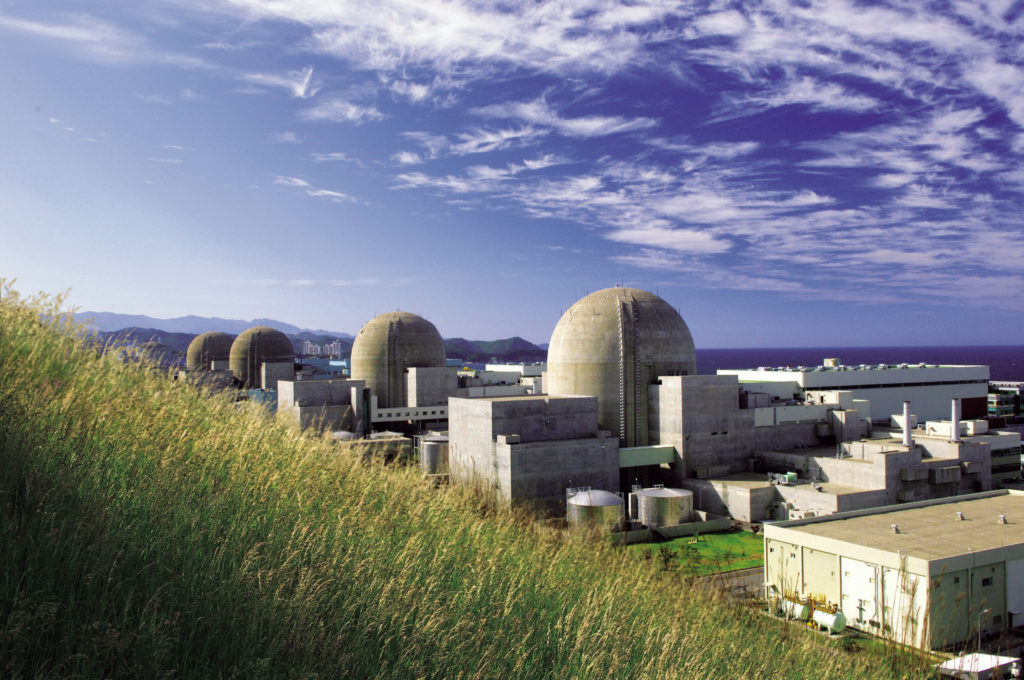The Peninsula
Political promises falter in the face of economics

What Happened
- The Ministry of Trade, Industry, and Energy announced earlier this week to put some nuclear reactors back in operation to meet the public’s energy demand amid the ongoing heatwave.
- The government is also urging businesses and the public to roll back their electricity consumption as current demand threatens to outstrip supply.
- The increased demand for electricity has re-elevated the ongoing debate on nuclear power in Korea, which President Moon Jae-in had vowed to phase out.
Implications: Hard realities cap the South Korean political establishment’s capacity to deliver economic changes. Despite the Moon administration’s initial intent to phase out nuclear energy, the contingencies of present energy demands are making it difficult for the government to follow through on this campaign promise. The recent heatwave in South Korea has caused a surge in energy usage by both industries and households. Nuclear reactors which typically provide 30% of the country’s energy are running at less than 70% of their normal output due to maintenance, further exacerbating the crisis. Moreover, the government cannot reduce the energy output from existing nuclear power plants without impacting the operations of energy-intensive industries like semiconductors. The government relies on these industries to support the country’s economy as the market faces heavy headwinds.
Context: South Korea’s relationship with nuclear energy is complicated, and public sentiment toward the issue is divided by political affiliation and age. In addition to questions on the economic viability of nuclear power for the country, the public raised safety concerns following the 2011 Fukushima nuclear disaster in Japan and a 2016 earthquake in Gyeongju where several nuclear power plants maintain operations. Despite these persistent concerns, the public remains conflicted about ending the country’s reliance on nuclear power. As an energy importer, Korean utility companies have been struggling to shift their energy consumption from costly LNG to renewable sources because the infrastructure does not yet permit scalable production of green energy. Meanwhile, a cheaper alternative like coal contributes to climate change and exacerbates existing air pollution issues.
This briefing comes from Korea View, a weekly newsletter published by the Korea Economic Institute. Korea View aims to cover developments that reveal trends on the Korean Peninsula but receive little attention in the United States. If you would like to sign up, please find the online form here.
Korea View was edited by Yong Kwon with the help of Sean Blanco, Marina Dickson, and Jina Park. Picture from the flickr account of IAEA Imagebank
